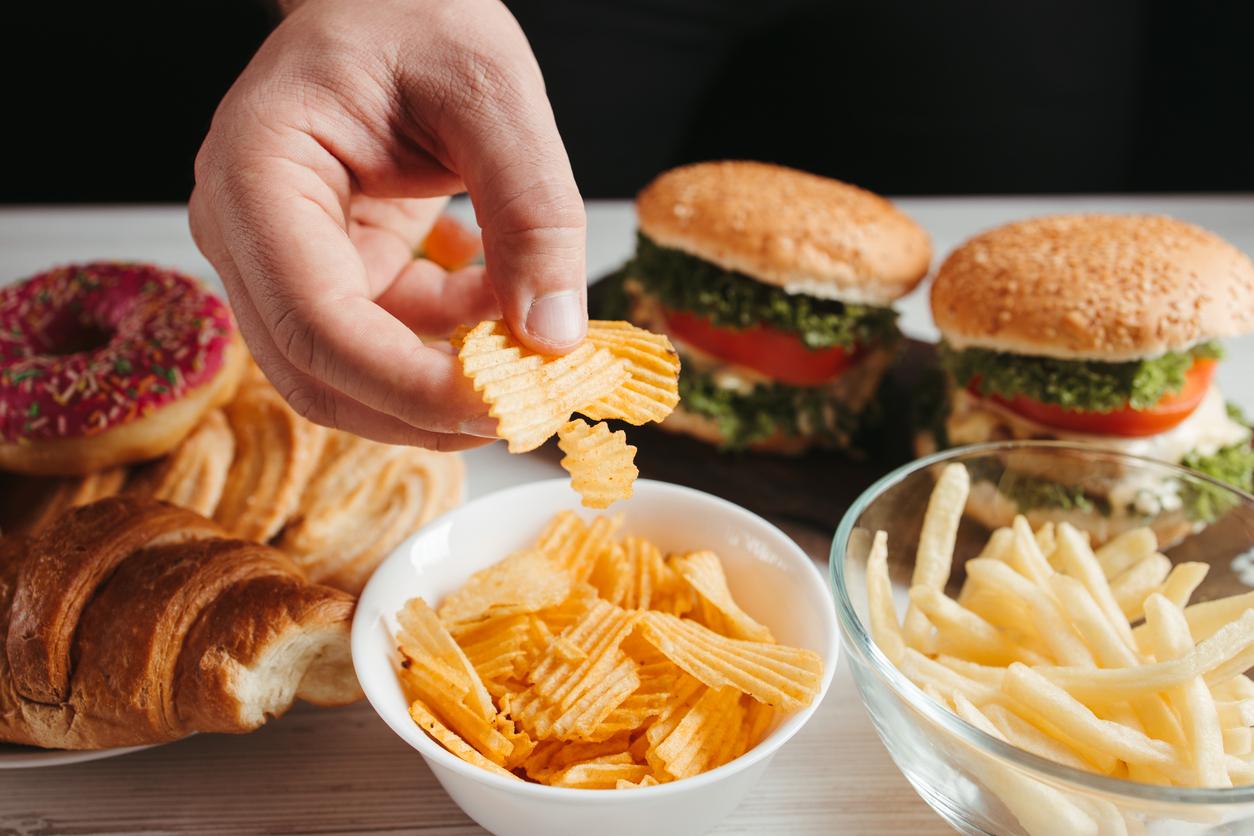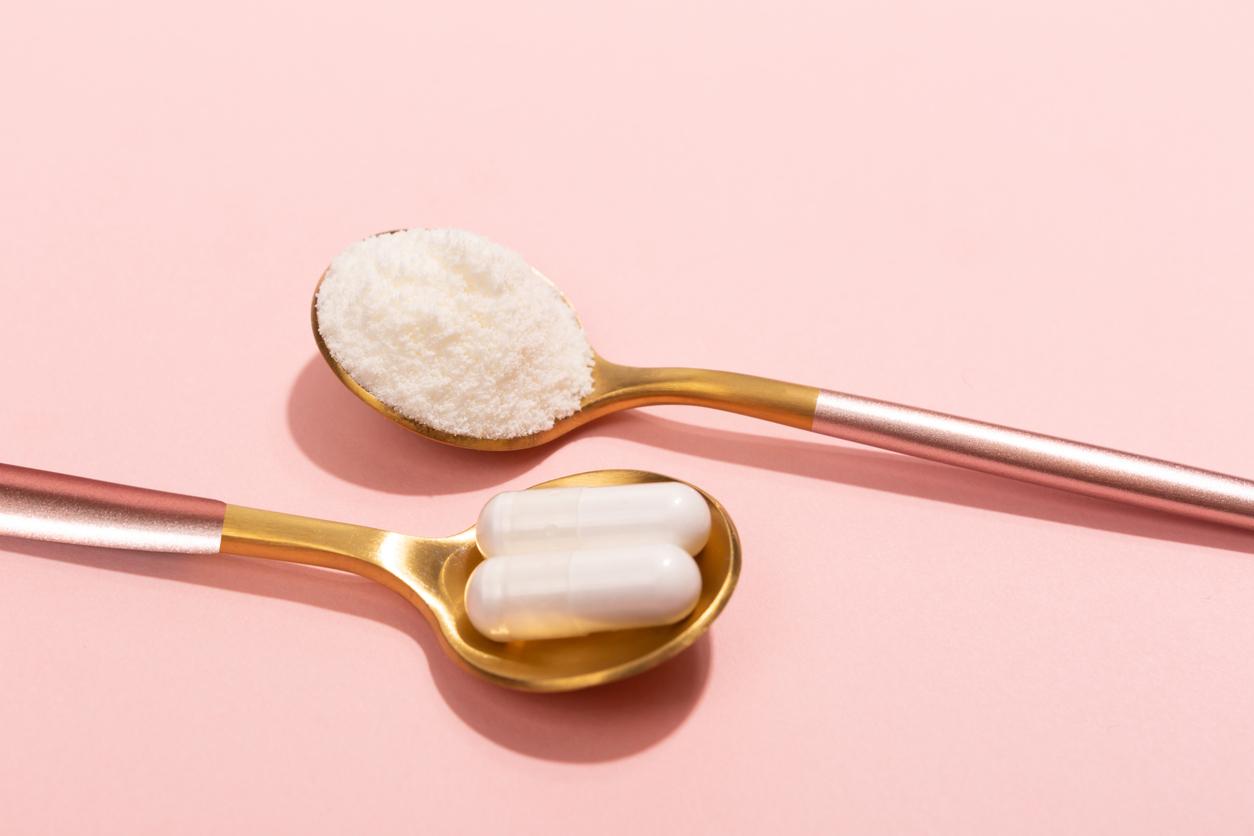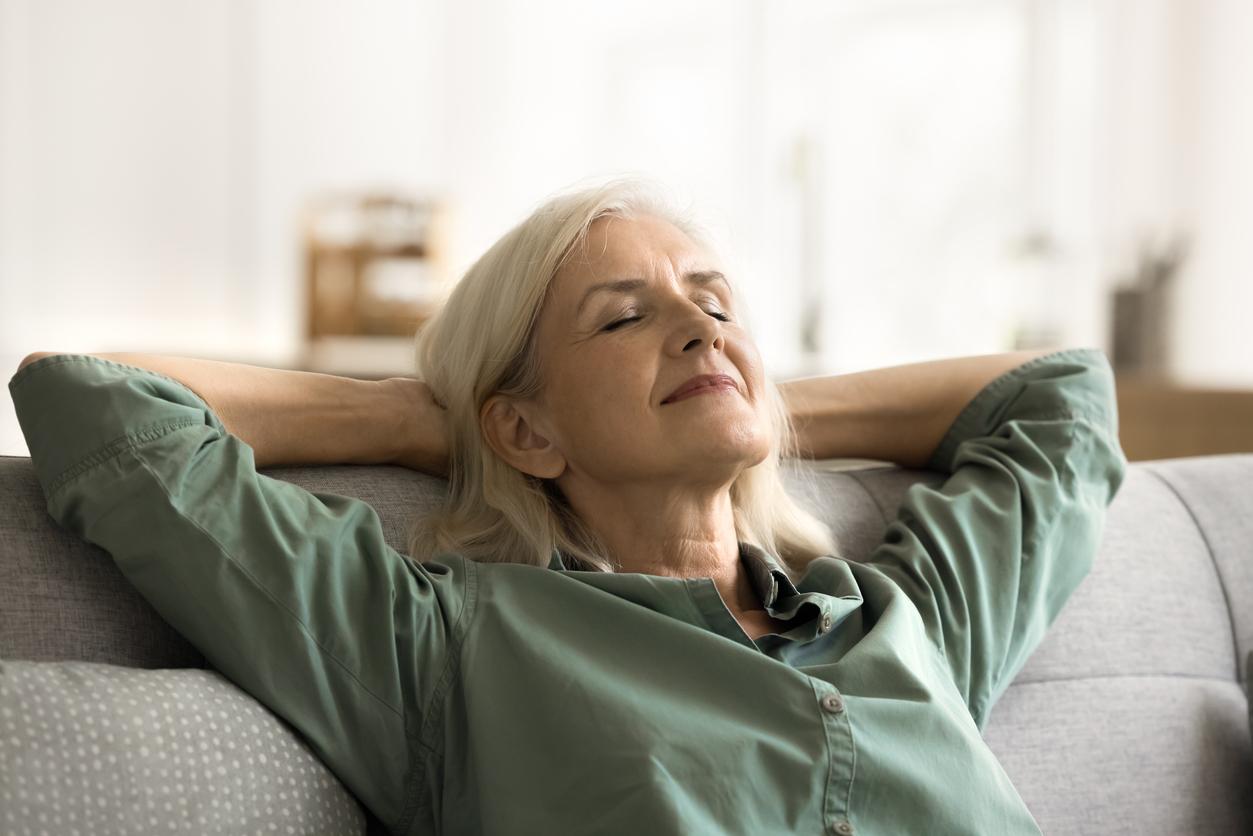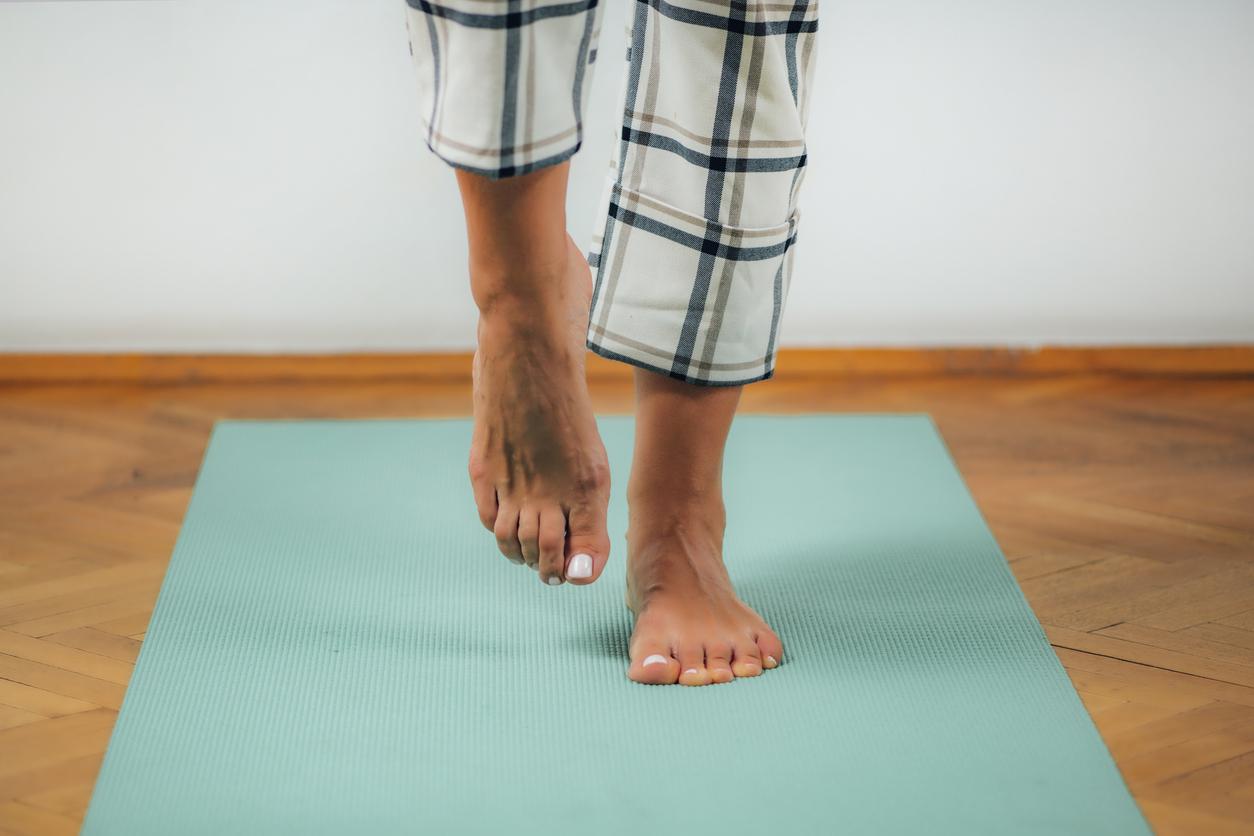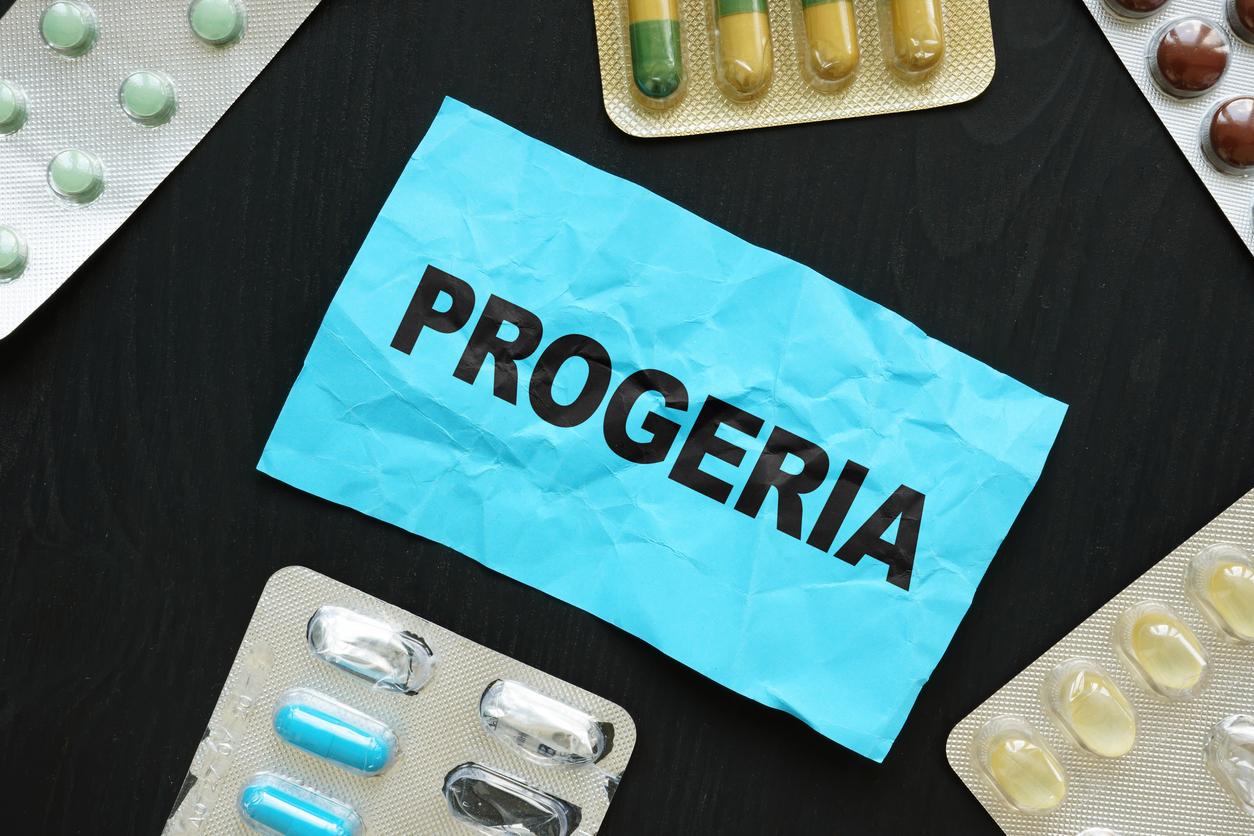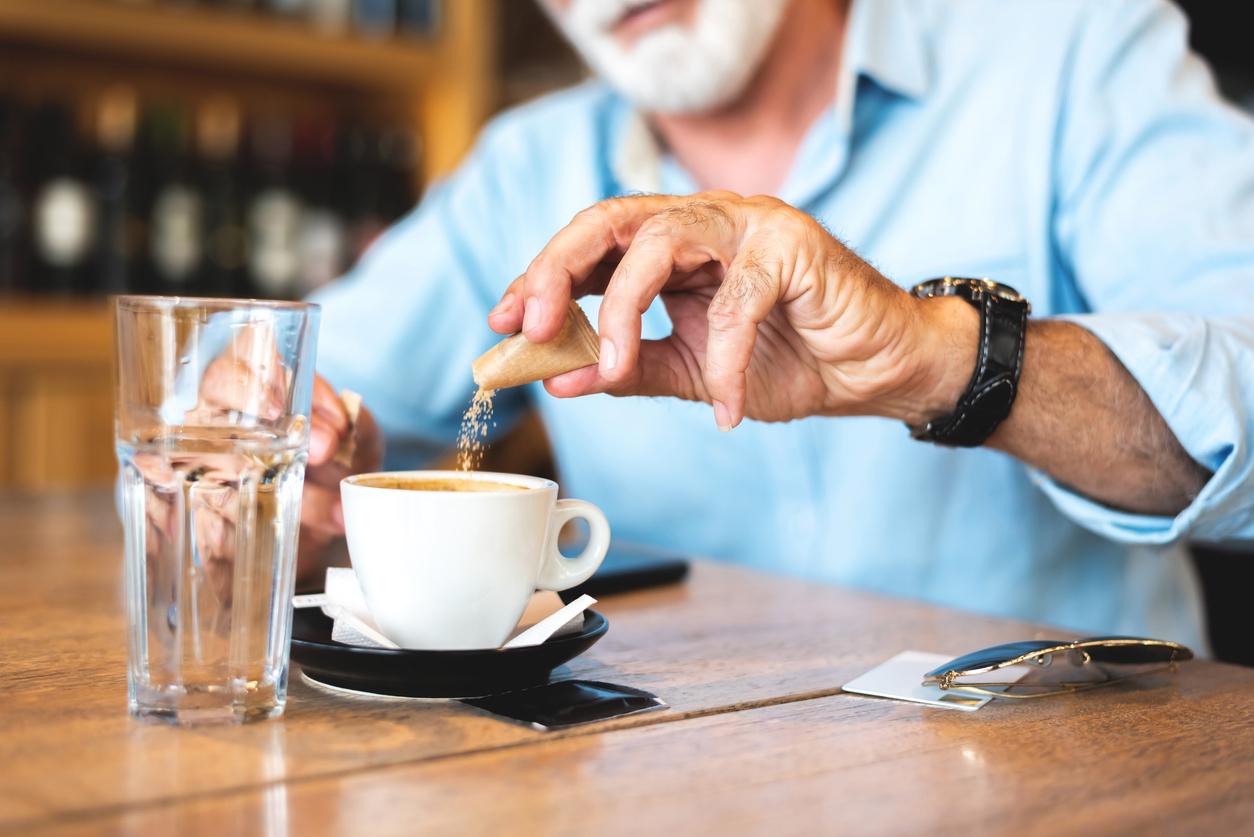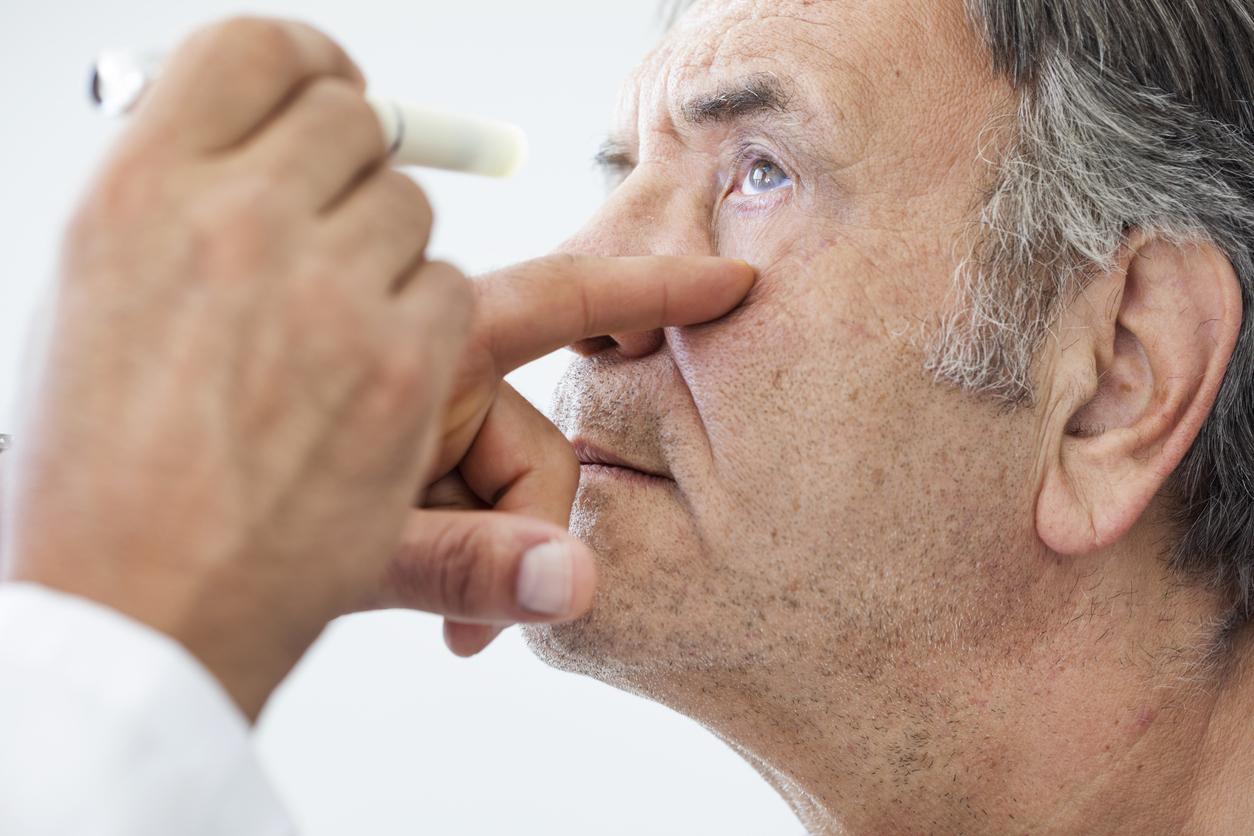December 6, 2006 – Major research into DHEA has cast new doubts on the anti-aging properties attributed to this hormone in recent years. Researchers from the renowned Mayo Clinic conclude that DHEA does not improve physical performance in older people, nor does their quality of life.
For two years, 57 women and 87 men over the age of 60 participated in this clinical trial published in The New England Journal of Medicine1. All of them had a low level of DHEA, which is naturally present in the body. Some of them received DHEA or testosterone in the form of tablets or skin patches. Other participants took a placebo.
Blood levels of DHEA and testosterone did increase in subjects who took hormone supplements. But these treatments had no effect on the fat mass, glucose tolerance, physical performance as well as the quality of life of the subjects.
The production of DHEA, or dehydroepiandrosterone, peaks in adults between the ages of 20 and 30, before decreasing with age. The drop in DHEA, nicknamed “the hormone of youth”, is the cause of certain diseases associated with aging, according to some scientists.
However, the American researchers argue in their conclusions that all the data collected provide no evidence that DHEA supplements, in small doses, can counter the effects of aging.
In Canada, the importation and sale of DHEA is prohibited.
Julie Fortier – HealthPassport.net
1. Nair KS, Rizza RA, et al. DHEA in elderly women and DHEA or testosterone in elderly men, N Engl J Med, 2006 Oct 19; 355 (16): 1647-59.









